Artificial intelligence
Can an emerging field called ‘neural systems understanding’ explain the brain?
This mashup of neuroscience, artificial intelligence and even linguistics and philosophy of mind aims to crack the deep question of what "understanding" is, however un-brain-like its models may be.

Can an emerging field called ‘neural systems understanding’ explain the brain?
This mashup of neuroscience, artificial intelligence and even linguistics and philosophy of mind aims to crack the deep question of what "understanding" is, however un-brain-like its models may be.
Boost your writing with AI personas
Asking ChatGPT to review your own grant proposals can help you spot weaknesses.
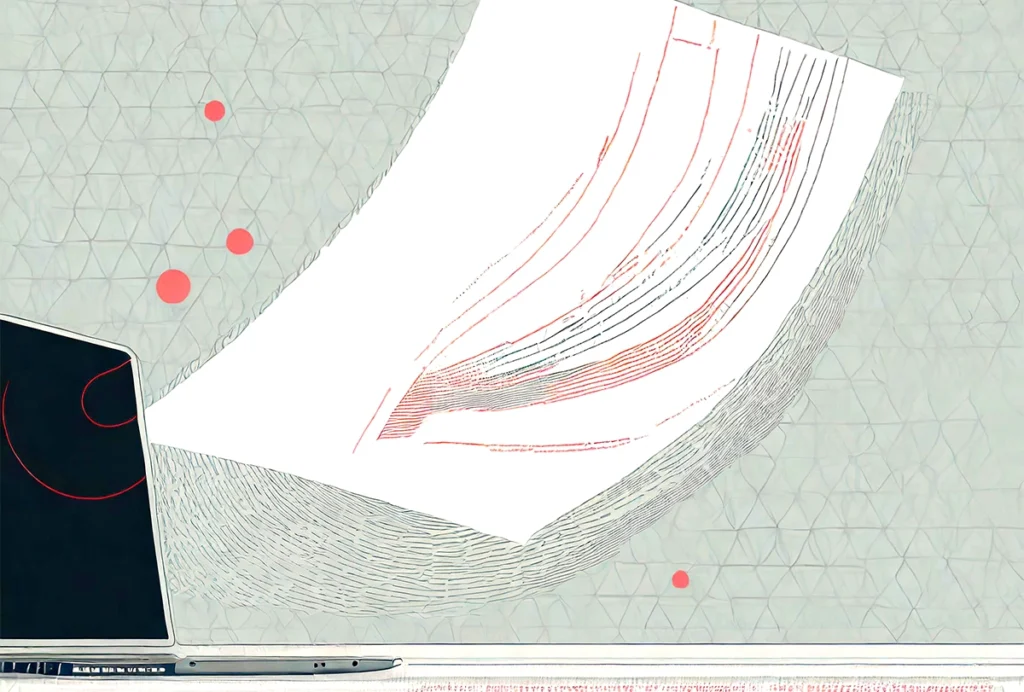
Boost your writing with AI personas
Asking ChatGPT to review your own grant proposals can help you spot weaknesses.
Pooling data points to new potential treatment for spinal cord injury
By gathering raw data from multiple labs, we identified an overlooked predictor of recovery after spinal cord injury. Many more insights remain trapped in scattered data.
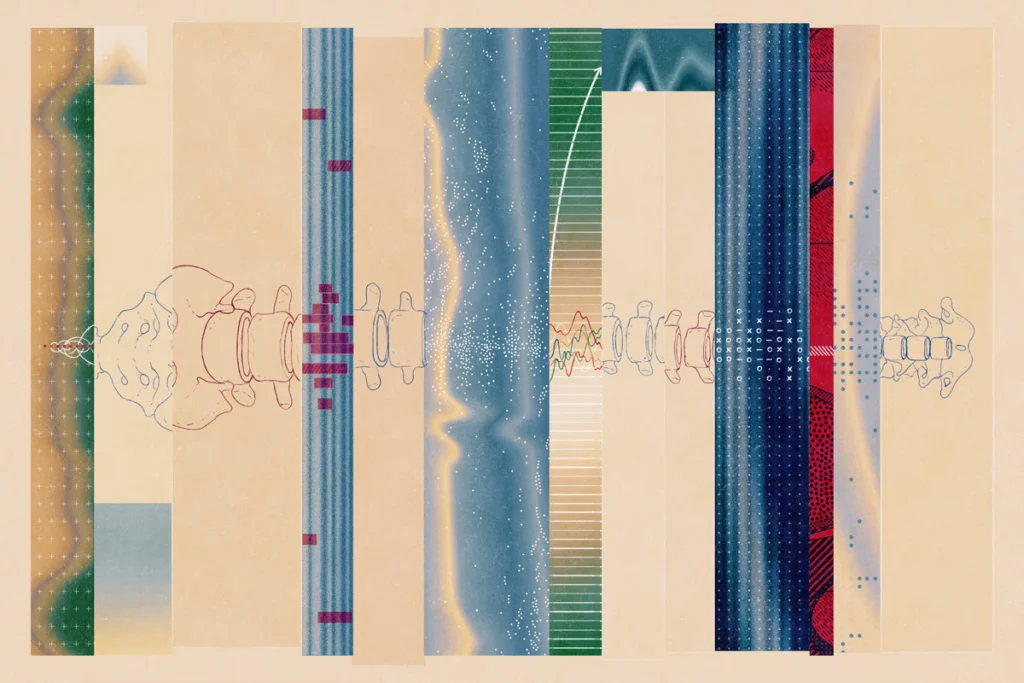
Pooling data points to new potential treatment for spinal cord injury
By gathering raw data from multiple labs, we identified an overlooked predictor of recovery after spinal cord injury. Many more insights remain trapped in scattered data.
From bench to bot: How to use AI to structure your writing
When given specific examples, ChatGPT can generate templates to help guide different types of documents.
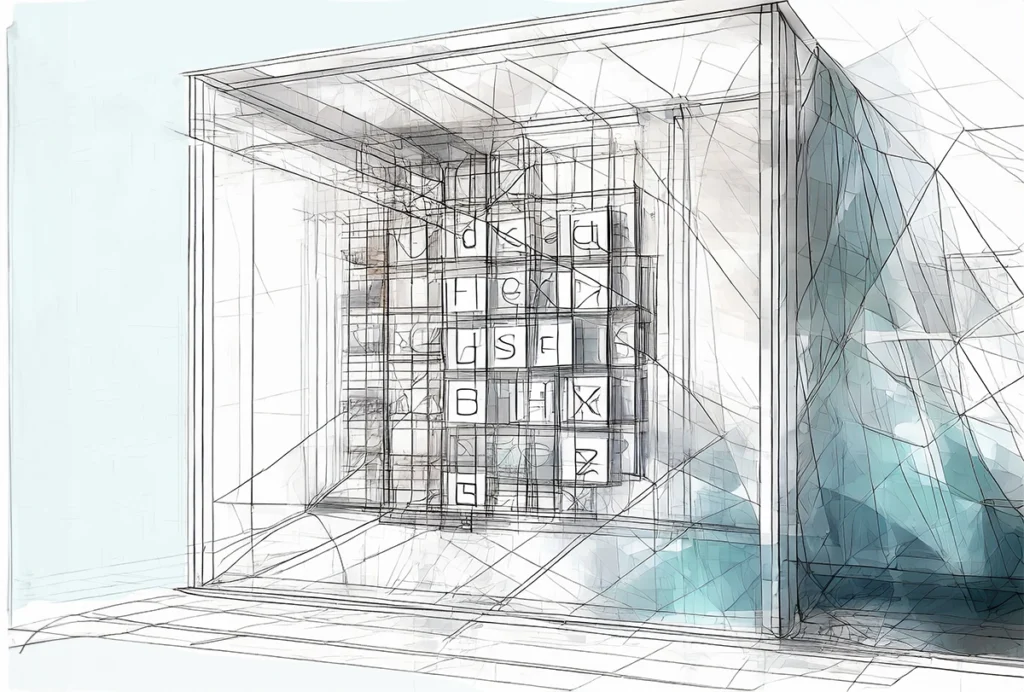
From bench to bot: How to use AI to structure your writing
When given specific examples, ChatGPT can generate templates to help guide different types of documents.
From a scientist’s perspective: The Transmitter’s top five essays in 2023
From big-picture debates about theories and terms to practical tips for teaching and writing, our favorite expert-written articles offer a glimpse into what neuroscientists are thinking.
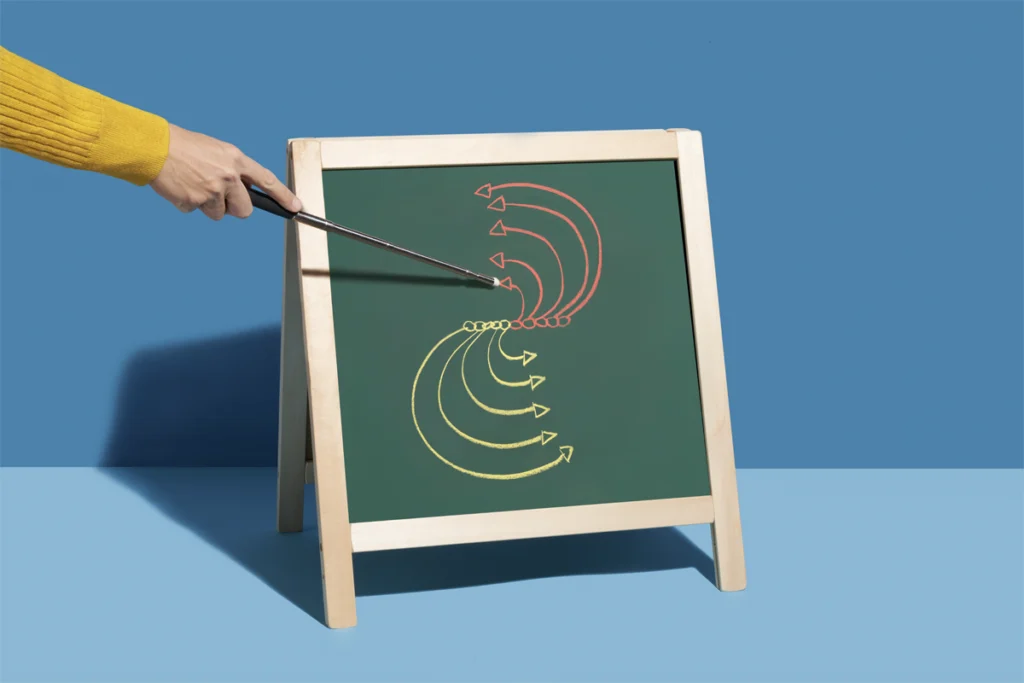
From a scientist’s perspective: The Transmitter’s top five essays in 2023
From big-picture debates about theories and terms to practical tips for teaching and writing, our favorite expert-written articles offer a glimpse into what neuroscientists are thinking.
From bench to bot: How to use AI tools to convert notes into a draft
ChatGPT can capitalize on the highly ordered nature of scientific writing to streamline your writing process.

From bench to bot: How to use AI tools to convert notes into a draft
ChatGPT can capitalize on the highly ordered nature of scientific writing to streamline your writing process.
From bench to bot: A scientist’s guide to AI-powered writing
I was initially skeptical of artificial-intelligence tools such as ChatGPT for scientific writing. But after months of using and teaching generative artificial intelligence, I have come to realize that it has a place in the scientific writer’s tool kit, even if it can’t write that grant for you from scratch.

From bench to bot: A scientist’s guide to AI-powered writing
I was initially skeptical of artificial-intelligence tools such as ChatGPT for scientific writing. But after months of using and teaching generative artificial intelligence, I have come to realize that it has a place in the scientific writer’s tool kit, even if it can’t write that grant for you from scratch.
Glow-in-the-dark labels accelerate AI-assisted animal motion tracking
The labeling technique trains machine-learning algorithms with larger datasets and less effort than ever before.
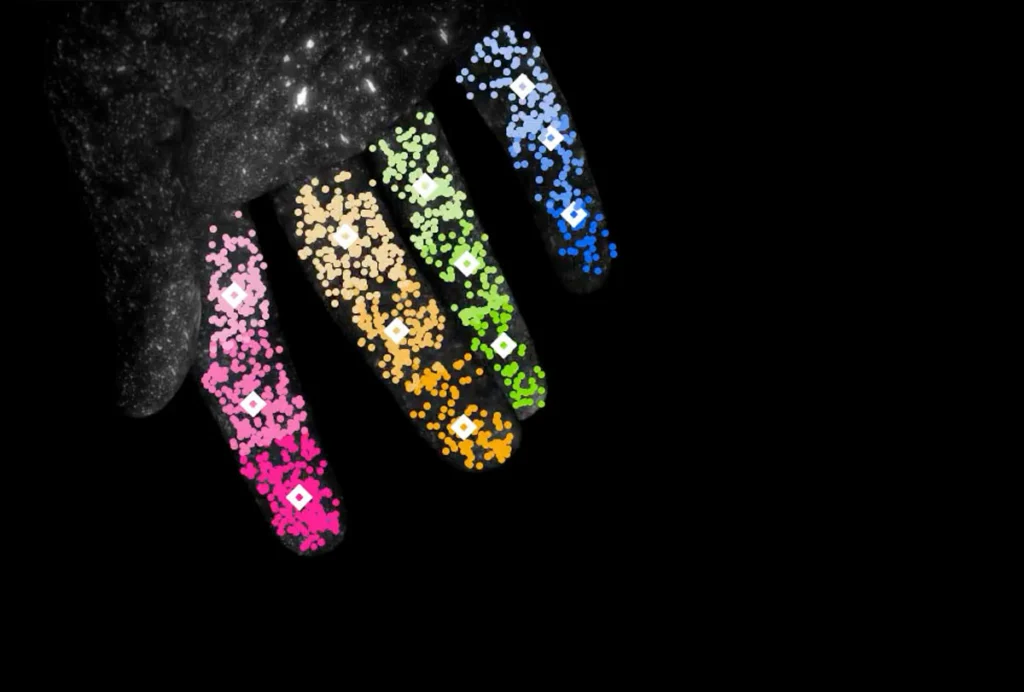
Glow-in-the-dark labels accelerate AI-assisted animal motion tracking
The labeling technique trains machine-learning algorithms with larger datasets and less effort than ever before.
Explore more from The Transmitter
New connectomes fly beyond the brain
Researchers are mapping the neurons in Drosophila’s ventral nerve cord, where the central nervous system meets the rest of the body.

New connectomes fly beyond the brain
Researchers are mapping the neurons in Drosophila’s ventral nerve cord, where the central nervous system meets the rest of the body.
Building an autism research registry: Q&A with Tony Charman
A purpose-built database of participants who have shared genomic and behavioral data could give clinical trials a boost, Charman says.

Building an autism research registry: Q&A with Tony Charman
A purpose-built database of participants who have shared genomic and behavioral data could give clinical trials a boost, Charman says.
Cerebellar circuit may convert expected pain relief into real thing
The newly identified circuit taps into the brain’s opioid system to provide a top-down form of pain relief.

Cerebellar circuit may convert expected pain relief into real thing
The newly identified circuit taps into the brain’s opioid system to provide a top-down form of pain relief.